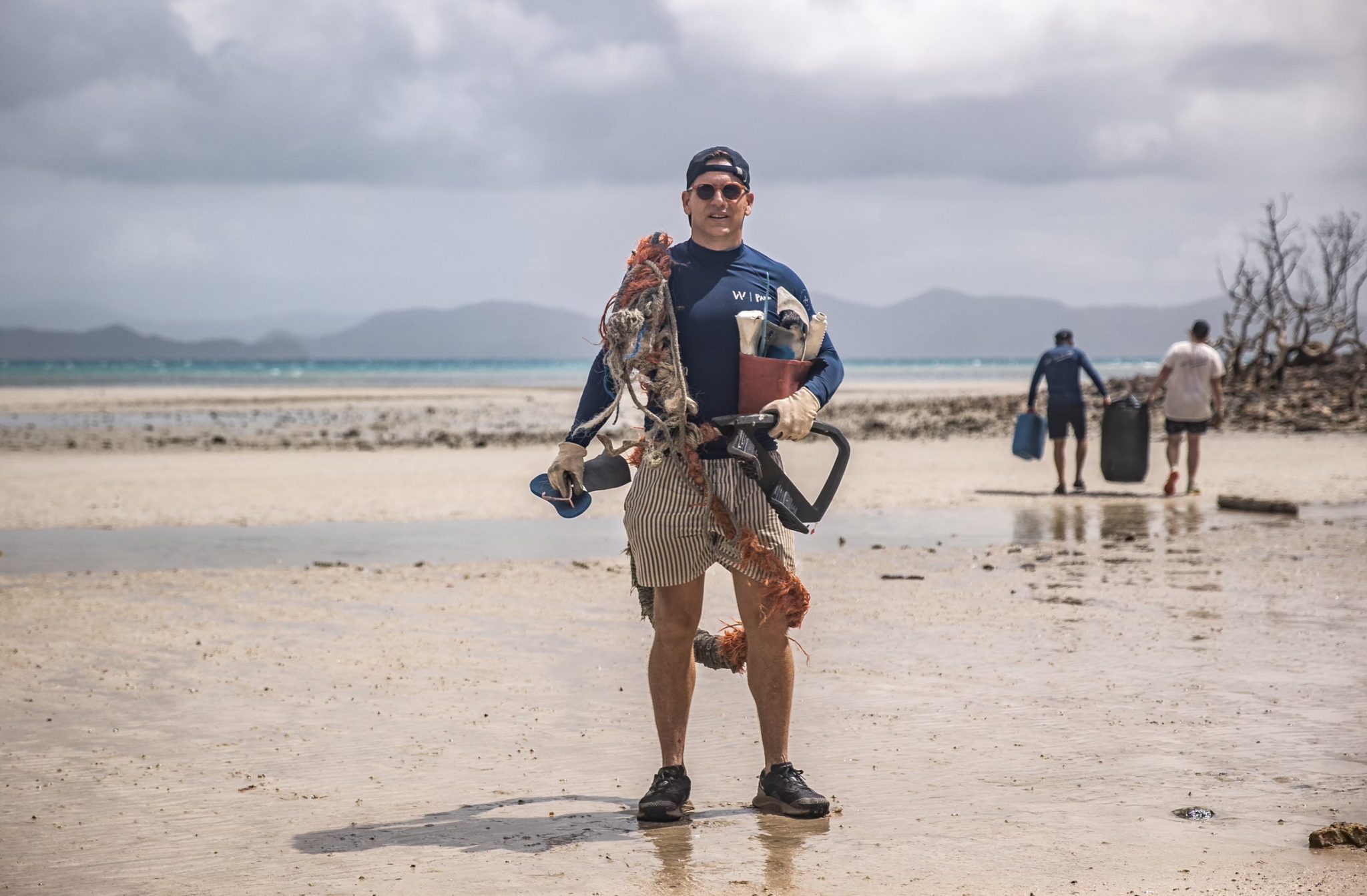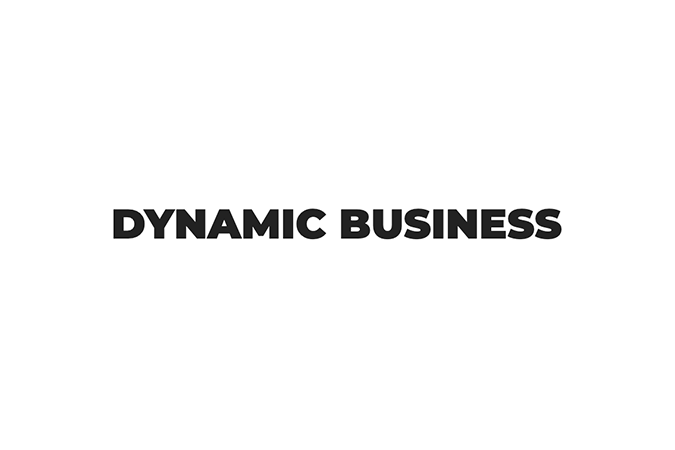Brodie Haupt, CEO and co-founder of Brisbane-based fintech start-up, digital lending and payments provider WLTH, says it’s time for fintech companies to step up and do their bit for the environment.
He’s a passionate warrior for the cause and vehemently against greenwashing in the industry.
To avoid this in his own business, Haupt said he has ingrained purpose-led initiatives into WLTH’s DNA from the beginning, creating a strong sustainability message.
“If you want to have a purpose, it’s so much easier to build your business model before you start a business so it can become a core focus of your organisation,” he said.
This effort is symbolised in WLTH’s global partnership with Parley for the Oceans, a not for profit that collaborates with other organisations on tailored projects that have a positive impact on the oceans.
Through this partnership, WLTH has created a Visa debit card made of recycled ocean plastic. Similar cards have been created by other companies, but Haupt said what makes WLTH’s different is that staff at WLTH were involved in its creation.
“What we wanted to do was rather than just partner with them… [we wanted] to be involved in the whole journey, so the whole supply chain of it. Going out there, being involved in the [beach] clean ups, removing or intercepting marine plastic and marine debris from Australian coastline and beaches,” he explained.
The WLTH team has done four different beach cleans now, with the plastic recovered sent back to Parley to be sorted. It is then transported to the card manufacturer to be turned into Visa debit cards.
The cards are linked to WLTH’s mortgage offset accounts, and for every home loan that’s settled, Parley is funded to clean up 50 square metres of Australian coastline.
“It’s about being that change and being a voice for people and for the plastic pollution crisis that we face,” Haupt said.
“As a country where, as we say in our anthem, we’re girt by sea, we are a coastline-living community. The oceans and beaches are part of our upbringing and part of how we communicate and how we act and we are tied so closely to the ocean, so it was a purpose that was really close to our hearts.”
Building purpose from the ground up
Sustainability was built into the company before it came into existence, Haupt explained.
He and his brother, also a co-founder, approached Parley before launching the company and asked them if they’d be interested in joining forces on “a new way of doing… finance in Australia”.
The purpose, Haupt said, was to “try and really focus on the value of having a strong, purpose-led element or initiative within the business that hasn’t necessarily been seen before”.
Long-term, WLTH hopes that through its partnership with Parley it will encourage other businesses to make positive change.
WLTH advocates for awareness of the plastic pollution crisis and Parley’s work through its network of finance brokers and other finance businesses.
Customers are also brought along on the impact journey; both WLTH’s broker portal and customer portal feature a coastline clean up widget that tracks the impact that they’ve been involved with through the products they use.
“If you’re a consumer and you have a home loan with us… it’ll show you how many square metres of coastline clean up you’ve impacted yourself. And with a broker as an example, [it is] based on how many loans they’ve had settled [to] show them how much impact they’ve created off the back of doing business with us,” Haupt said.
This gamification is designed to amplify the plastic warrior message.
Meanwhile, involving staff directly in beach clean ups gives them a sense of purpose too, Haupt added.
WLTH has also turned its attention to other areas of the business to reduce plastic waste, including in its mailouts.
It uses 100 per cent recyclable envelopes and cardboard, and the glues used in those products have no plastic polymers in them.
“That’s the kind of level of detail that we’re going to because we feel we’ve put so much effort into creating this card and being involved with the end-to-end supply chain that we couldn’t let ourselves down when it comes to the packaging,” Haupt said.
WLTH is also advocating for comparison sites to have sustainability sections to profile sustainable and green loans for customers.
Room for everyone
Haupt urges other fintech companies to consider what they can do to have a more positive impact on the environment.
“We actually see it as an advantage for other people to piggyback our ideas. We’re happy to be first, but we’re not wanting to be the only ones,” he said.
“We think that consumers will become more increasingly sensitive to purposeful initiatives and impact and sustainability. And that’s obviously been a growing trend. We’re banking on consumers being smart enough to know who’s who in the zoo and which organisation is actually doing what they say they’re doing.”
Haupt sees WLTH’s role as bringing light to greenwashing practices within the fintech industry.
“We go to extraordinary lengths to make sure our products, processes and services are more sustainable and involved in that end-to-end lifecycle of how we’re collecting the plastic and reproducing it and turning it into something that is useful,” he said.
Some businesses, including large banks, are pushing out greenwashing initiatives that can have “a chilling effect” on investment in sustainability as businesses aren’t able to realise the benefits of making environmental impacts or improvements, he said.
“This innovation and investment should be protected from the unscrupulous behaviour of other businesses making green claims without incurring the same sort of costs, because there’s a real significant cost uplift that we incur as a business — but we’ve built it in our business model from the ground up, so we have the ability to be able to fund it that way.”
Certification could help in this space, but otherwise, Haupt said customers should look out for whether a fintech can articulate its impact. If it can’t, there may be something fishy going on.
“I think it’s really the responsibility of the consumers to react to what’s being put out there and really hold these organisations’ feet to the fire and make them put forward and validate what they’ve been doing,” Haupt said.
“It’s a systemic issue that’s going to take a long time to solve. But all we’re trying to do is just do our part. And I think the finance sector has a huge responsibility, a huge responsibility to help drive these initiatives to create awareness.”
Source: Probono Australia

